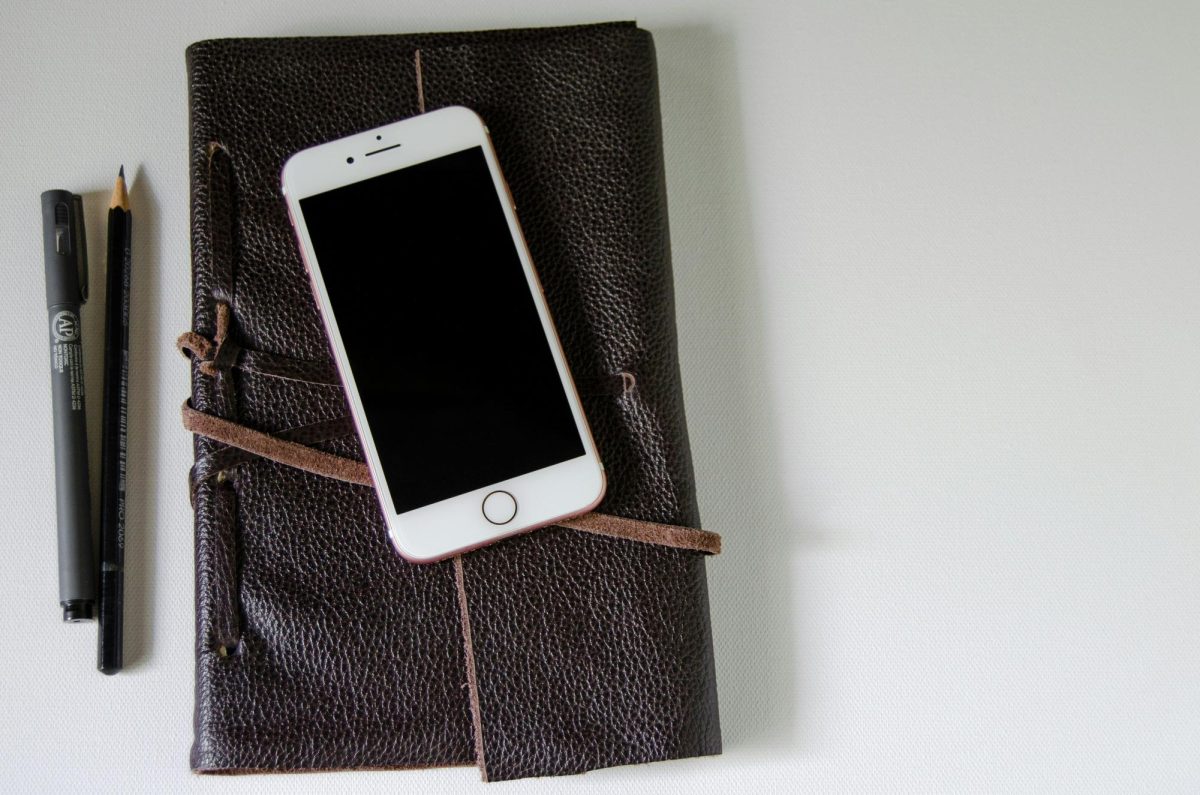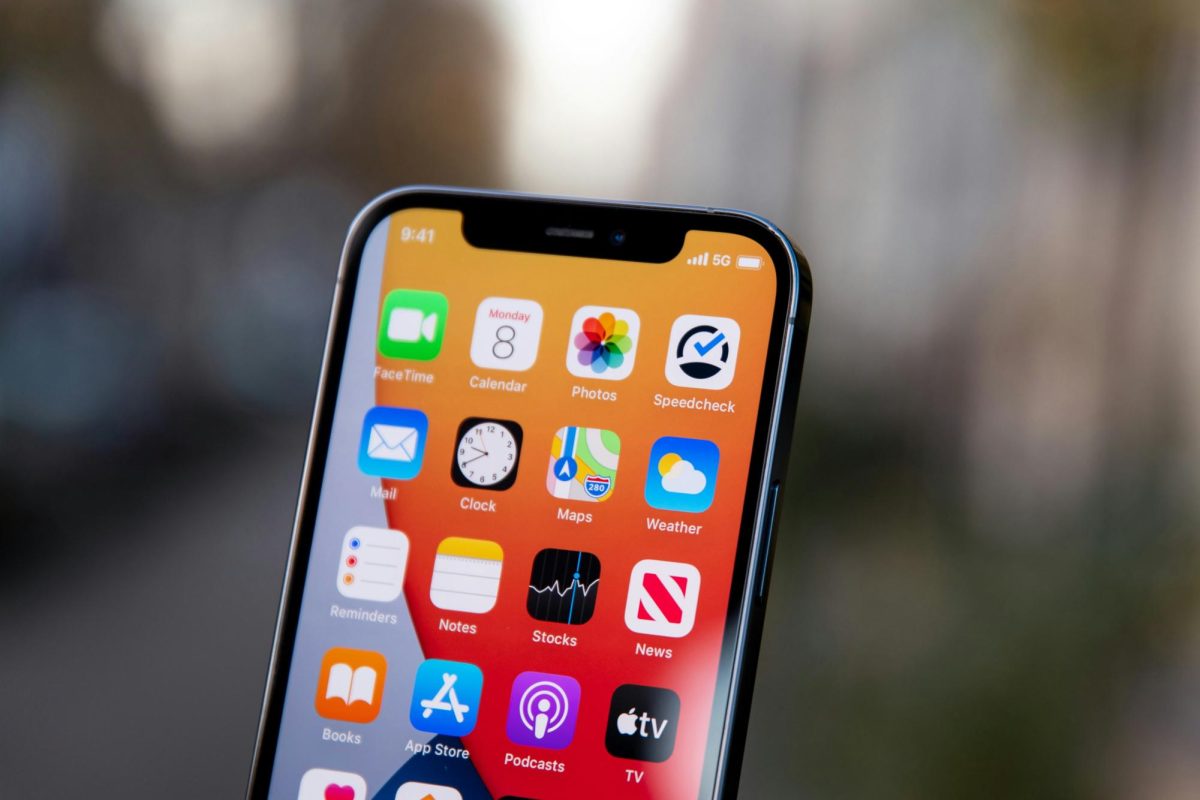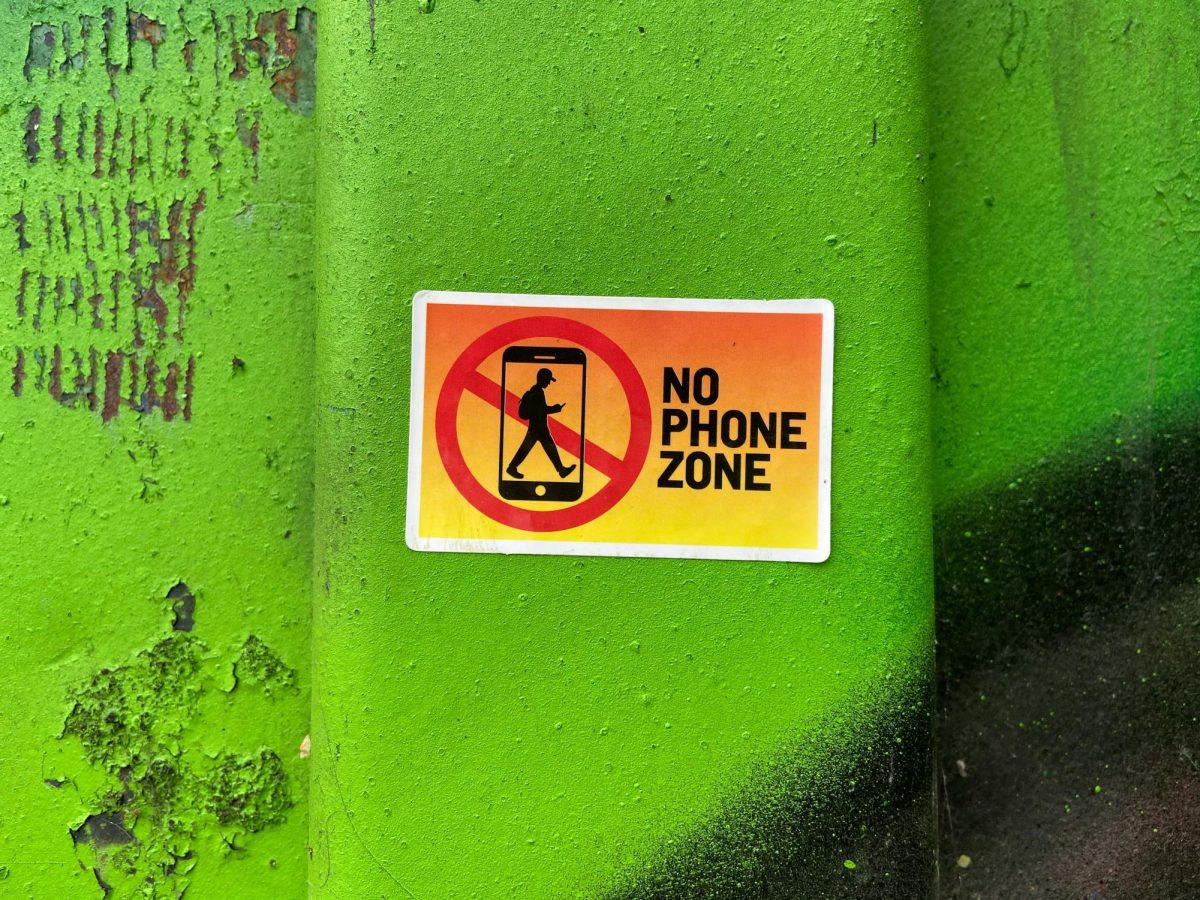As the new school year begins, the recent implementation of a stricter phone WiFi policy in Three Village has ignited discussions among parents, faculty, and students. While the updated Code of Conduct aims to reinforce discipline, the new restrictions are excessive. According to the new rules, students may use their mobile phones at select times only, including before school, during passing periods, in the cafeteria, during limited study halls, and after school. The use of personal devices is also banned, with the district allowing only school issued Chromebooks to access the WiFi. Severe consequences, such as in- and out-of-school suspensions, may be applied if violations occur continuously.
Unfortunately, this new policy limits the benefits personal devices bring to students’ education, and therefore should be reserved, or at the very least amended. A study conducted by the Pew Research Center found that 85% of teens in the U.S have access to a smartphone, and over 45% say that they are online almost constantly, engaging in education activities. Phones are vital for creativity and communication, and by restricting their use, the school is denying essential tools for academic success. Taking these away would deny kids the potential for effective engagement in academics and with peers. School-issued Chromebooks, while useful, can’t match the versatility of smartphones. Research from the University of California found that “students with access to personal devices engage more actively in learning tasks and demonstrate greater flexibility in their work”. The school devices at Ward Melville are bound to fail in terms of meeting such diverse needs and instead will limit performances.
Additionally, the penalties for the usage of personal devices is extremely severe. According to a report by the American Psychological Association, overly punitive measures in schools can increase anxiety by 30% and reduce motivation by 25%, leading to a less engaged learning environment. The fear of suspension for something as minor as checking a phone or using Airpods could create a hostile atmosphere rather than fostering a supportive learning one. Moreover, there are concerns about how the policy will play out in practical application. Consistency of enforcement from teachers and staff will be difficult to maintain, leading to confusion on behalf of children as to what is allowed.
A better solution would involve teaching children about the responsible use of personal devices rather than outright bans. Allowing devices at certain times of the day will help children become more focused on their work and take advantage of the educational opportunities offered by technology. Ultimately, Ward Melville must prioritize an environment that encourages students to thrive without excessive restrictions that limit their potential.















